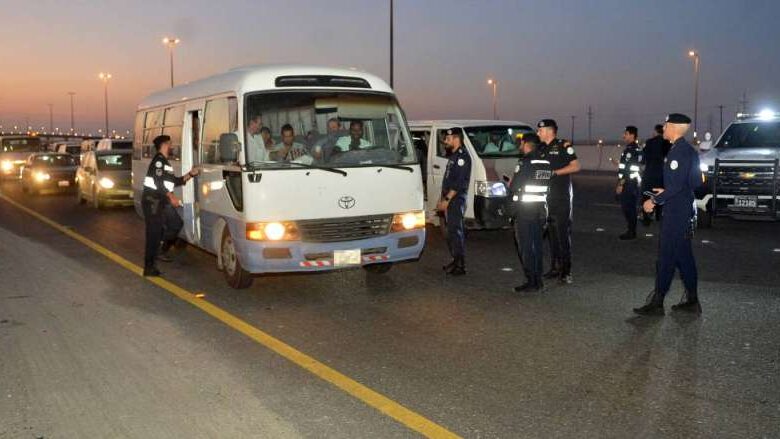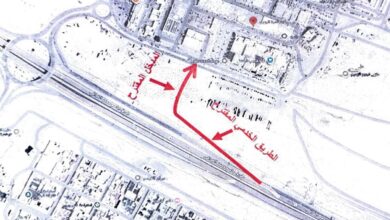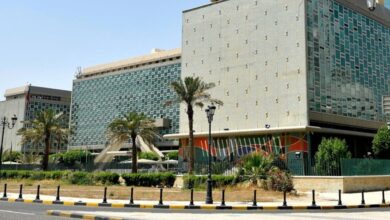Ministry of Interior cracks down on residency violators
Before dawn on Monday, patrols deployed on roads and in targeted areas apprehended 455 individuals, primarily for violating residency laws, as workers began their morning commute.

-
While the Ministry of Interior emphasized the “continuation of inspection campaigns to apprehend violators of residency laws,” it urged everyone “not to harbor or conceal any violators to avoid legal consequences.”
Just as July 1 began, police patrols, bolstered by hundreds from the Public Security Directorates and backed by residency affairs detectives, were deployed across the country. They focused on areas where residency violators were suspected to be, despite having been given a grace period to rectify their status. According to Al Rai newspaper, these violators persisted in their violations.
Before dawn on Monday, patrols were deployed on the roads and around targeted areas. As morning arrived and buses and cars transported workers to their jobs, security personnel maintained vigilance to monitor violators. Within a few hours, they successfully apprehended 455 individuals, primarily for violating residency laws.
While the Ministry of Interior emphasized the “continuation of inspection campaigns to apprehend violators of residency laws,” it urged everyone “not to harbor or conceal any violators to avoid legal consequences.”
Al-Rai newspaper followed the security operations, reporting that hundreds were arrested and transferred to shelter centers and deportation prisons. Each individual had a file opened, was fingerprinted, and underwent questioning about those who harbored them, their activities, and their workplaces. Authorities are preparing to take legal action against both companies and individuals involved.
Bangladeshi national violates residency laws for 22 years
One of the notable events recorded during the campaigns was the arrest by security personnel in Jahra Governorate of a Bangladeshi national who had violated residency laws since 2002, totaling 22 years, with an old version of the civil ID card.
Deportation within four days
Those arrested will be deported within just four days, in coordination with their countries’ embassies to issue travel documents for those who do not hold passports. They will face a lifetime ban from entering Kuwait and a five-year ban from Gulf Cooperation Council countries.















